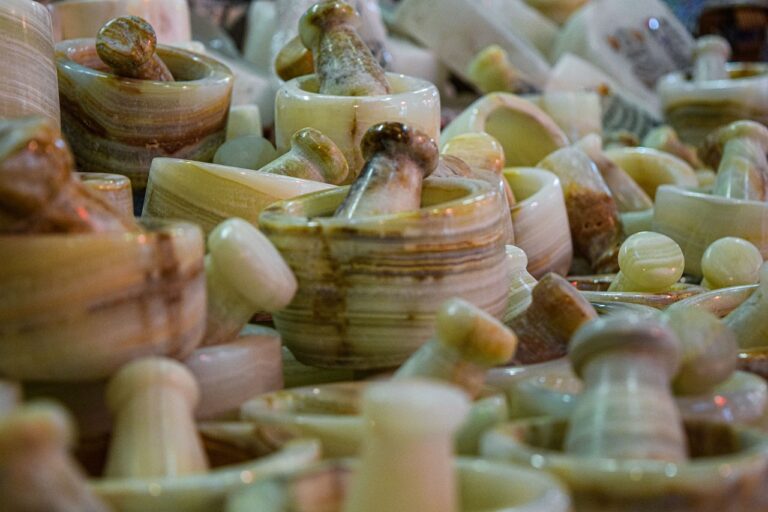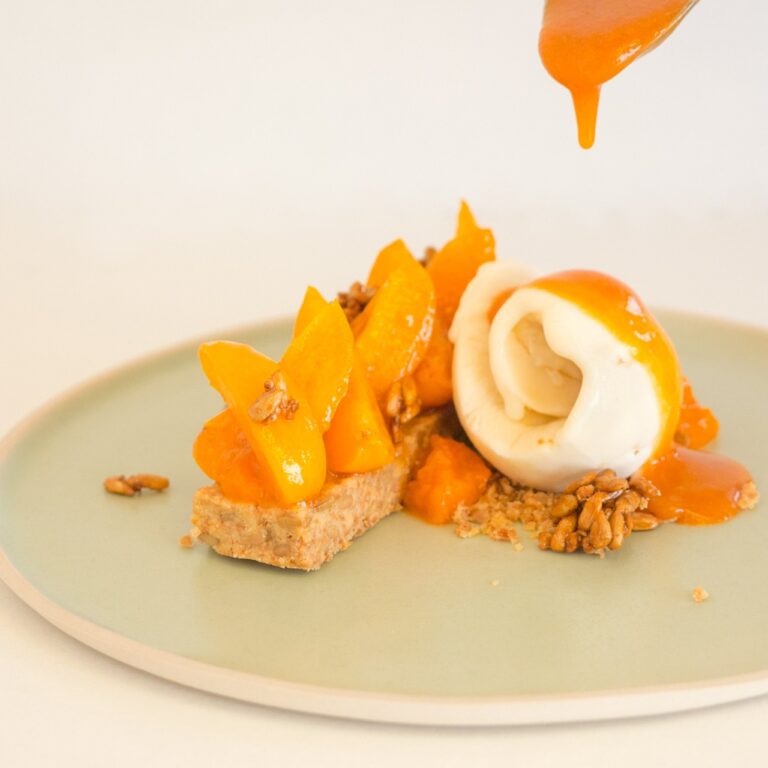The Rise of DIY Skincare: Pros and Cons
all pannel.com, play99, golds 365:The Rise of DIY Skincare: Pros and Cons
In recent years, do-it-yourself (DIY) skincare has exploded in popularity. With the rise of social media influencers sharing homemade beauty recipes and the increasing awareness of harmful chemicals in commercial skincare products, many people are turning to DIY skincare as a more natural and cost-effective alternative. But is making your own skincare products really as beneficial as it seems? In this article, we will explore the pros and cons of DIY skincare to help you make an informed decision about whether it’s right for you.
Benefits of DIY Skincare
1. Natural Ingredients: One of the biggest advantages of DIY skincare is that you have complete control over the ingredients you use. By using natural and organic ingredients, you can avoid harsh chemicals and preservatives that are often found in commercial skincare products.
2. Customization: Another benefit of DIY skincare is the ability to customize products to suit your specific skin type and concerns. Whether you have oily, dry, or sensitive skin, you can tailor your skincare routine to address your individual needs.
3. Cost-Effective: Making your own skincare products can be much more affordable than buying high-end brands. Many of the ingredients used in DIY skincare, such as honey, avocado, and coconut oil, are readily available and inexpensive.
4. Sustainability: DIY skincare is also more environmentally friendly than using mass-produced products that often come in plastic packaging. By making your own products, you can reduce your carbon footprint and support sustainability.
5. Creative Expression: For many people, DIY skincare is a creative outlet that allows them to experiment with different ingredients and formulations. Whether you enjoy mixing up face masks or whipping up your own body butter, DIY skincare can be a fun and rewarding hobby.
Drawbacks of DIY Skincare
1. Safety Concerns: While natural ingredients can be beneficial for the skin, it’s important to remember that not all DIY skincare recipes are safe. Some ingredients, such as essential oils and acids, can be irritating or even harmful if used incorrectly. It’s essential to do thorough research and patch tests before using any new ingredient.
2. Lack of Expertise: Unlike professional skincare brands, DIY skincare recipes are not formulated by experts. This can lead to ineffective or even damaging products if the wrong ingredients or proportions are used. Without proper knowledge of skincare science, it can be challenging to create products that are truly beneficial for the skin.
3. Preservation Issues: Homemade skincare products do not contain the same preservatives as store-bought products, which can lead to a shorter shelf life and increased risk of contamination. Without proper preservation methods, DIY skincare products can spoil quickly and lose their effectiveness.
4. Time-Consuming: DIY skincare can be more time-consuming than simply purchasing ready-made products. From sourcing ingredients to mixing and storing products, making your own skincare can require a significant amount of time and effort.
5. Inconsistent Results: Because DIY skincare is not regulated like commercial products, there can be a wide range of quality and efficacy among homemade products. Without standardized formulas and testing, it can be difficult to predict how your skin will react to a DIY product.
FAQs
Q: Can I use DIY skincare if I have sensitive skin?
A: While DIY skincare can be beneficial for sensitive skin, it’s essential to patch test new ingredients and formulations to avoid irritation or reactions.
Q: Are DIY skincare products as effective as commercial products?
A: The effectiveness of DIY skincare products can vary depending on the ingredients and formulations used. Some homemade products may be just as effective as commercial products, while others may not deliver the same results.
Q: How can I ensure the safety of DIY skincare products?
A: To ensure the safety of DIY skincare products, it’s important to research ingredients, follow reputable recipes, and conduct patch tests before using new products on your skin.
In conclusion, DIY skincare has both pros and cons that should be considered before delving into homemade beauty products. While the ability to customize ingredients, save money, and support sustainability are appealing aspects of DIY skincare, it’s important to be aware of safety concerns, lack of expertise, and preservation issues. Ultimately, the decision to use DIY skincare will depend on your personal preferences, skin type, and willingness to experiment with homemade products.







